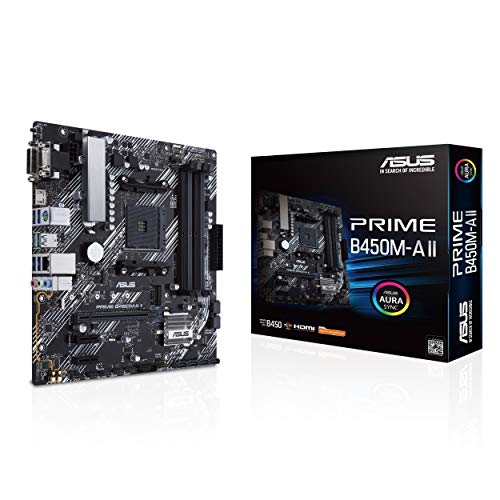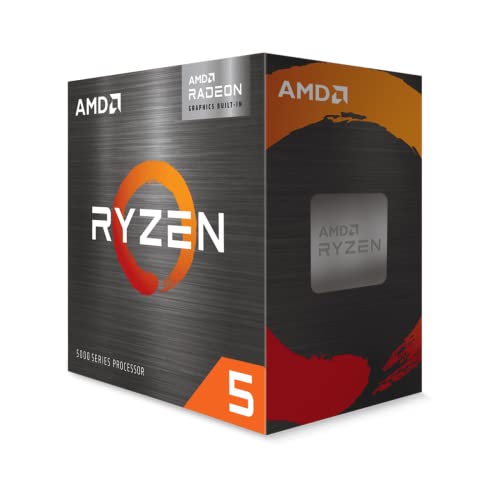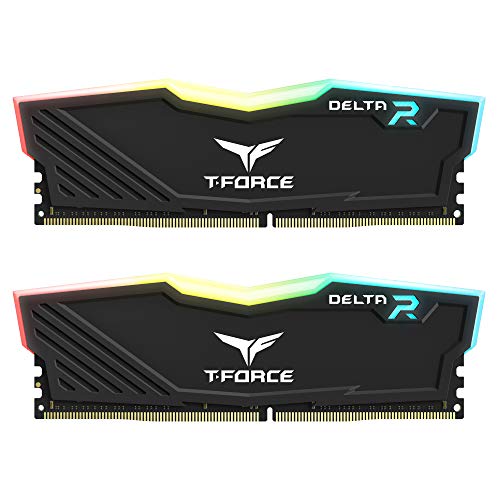
When it comes to maintaining your technology, having the proper components and replacement parts is essential. Whether you’re upgrading your PC with a new graphics card, replacing a worn-out keyboard, or repairing a malfunctioning power supply, having access to high-quality components ensures that your devices run smoothly and last longer. From CPUs and motherboards to memory modules and cooling systems, investing in the proper components can greatly improve your computer experience. With so many alternatives available, you can simply locate the ideal components to meet your demands and budget, ensuring that your gadgets continue to function well for years.
Motherboard
The motherboard is the backbone of any computer system, providing connectivity between various components such as the CPU, RAM, storage devices, and peripherals. It determines the compatibility and performance of your system, making it a critical component for building or upgrading a PC. When choosing a motherboard, factors like socket type, chipset, expansion slots, and form factor should be considered to ensure it meets your requirements for performance, connectivity, and future upgradability. With a wide range of options available from various manufacturers, you can find the perfect motherboard to suit your needs, whether you’re a casual user, gamer, or professional.
Central Processing Unit (CPU) essential component of computer
The Central Processing Unit (CPU) is a computer’s brain, responsible for executing instructions and carrying out calculations. It governs the overall speed and performance of a system. When selecting a CPU, examine clock speed, number of cores and threads, architecture, and power consumption to ensure it fulfills your computing requirements, whether for gaming, content creation, or daily work. CPUs continue to evolve as technology advances, with each iteration providing better performance and efficiency. Whether you’re creating a new PC or upgrading an old one, choosing the appropriate CPU is critical to improving your computing experience.
Graphics Processing Unit (GPU)
The Graphics Processing Unit (GPU) is a specialized CPU that handles graphics-intensive operations including image processing, video editing, and animation. It is essential for gaming, video editing, 3D modeling, and other graphically demanding activities since it offloads graphics-related computations from the CPU. When selecting a GPU, consider performance, memory capacity, and compatibility with software and hardware to guarantee smooth and efficient operation. Modern graphics cards, because to developments in GPU technology, include significant capabilities such as real-time ray tracing, AI-enhanced features, and support for high-resolution screens. Whether you’re a gamer, content maker, or professional designer, choosing the correct GPU can dramatically improve your computing experience and open up new possibilities in visual computing.
Random Access Memory (RAM)
Random Access Memory (RAM) is a crucial component of a computer system responsible for temporarily storing data that the CPU needs to access quickly. Unlike storage devices such as hard drives or SSDs, RAM provides fast, volatile memory that is essential for running applications and multitasking efficiently. The more RAM a system has, the more data it can store temporarily, leading to smoother performance and improved responsiveness. RAM capacity, speed, and compatibility are important factors to consider when upgrading or building a computer, as they directly impact overall system performance. Whether for gaming, content creation, or everyday computing tasks, having an adequate amount of RAM is essential for ensuring optimal performance and productivity.
Solid State Drive (SSD) and a Hard Disk Drive (HDD)
When choosing between a Solid State Drive (SSD) and a Hard Disk Drive (HDD), it’s essential to consider factors like speed, durability, and cost. SSDs offer faster read/write speeds, making them ideal for improving system responsiveness and reducing boot times. They are also more durable than HDDs since they lack moving parts, resulting in better resistance to shock and vibration. However, SSDs typically come at a higher cost per gigabyte compared to HDDs, which offer larger storage capacities at a lower price point. Ultimately, the choice between SSD and HDD depends on your budget, storage needs, and performance requirements.
BEST COMPUTER ACCESSORIES TO IMPROVE YOUR COMPUTER SYSTEM










